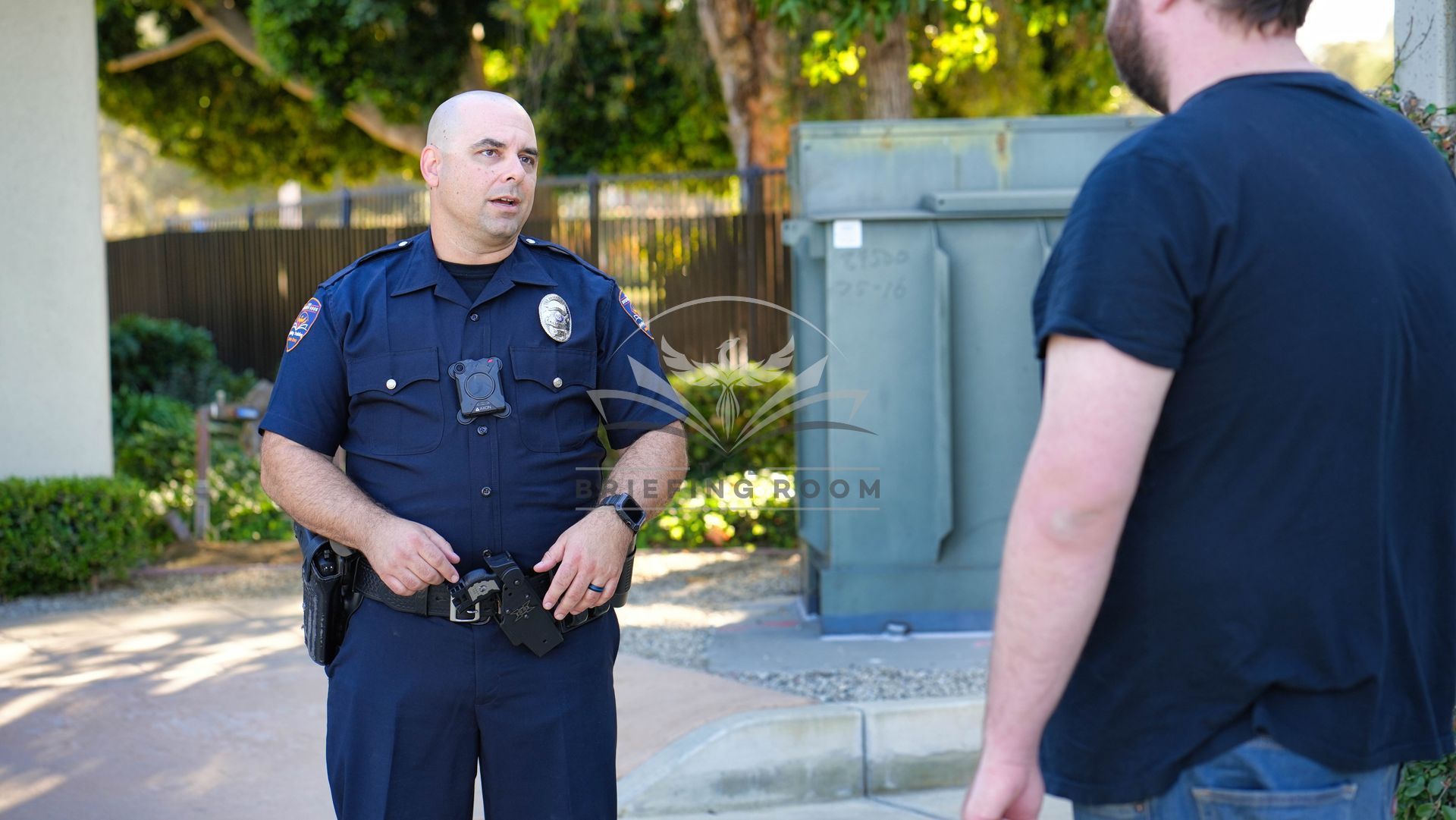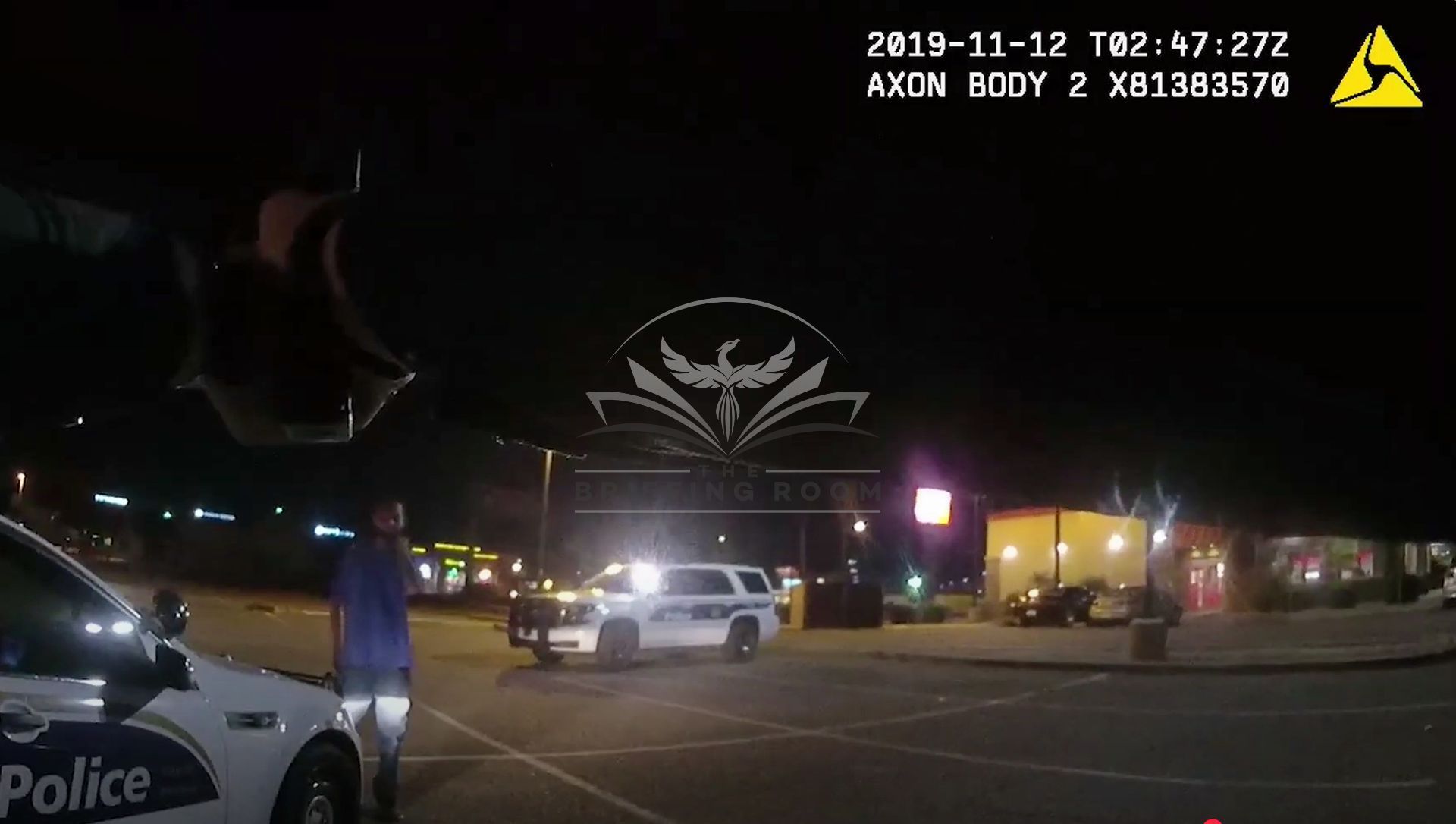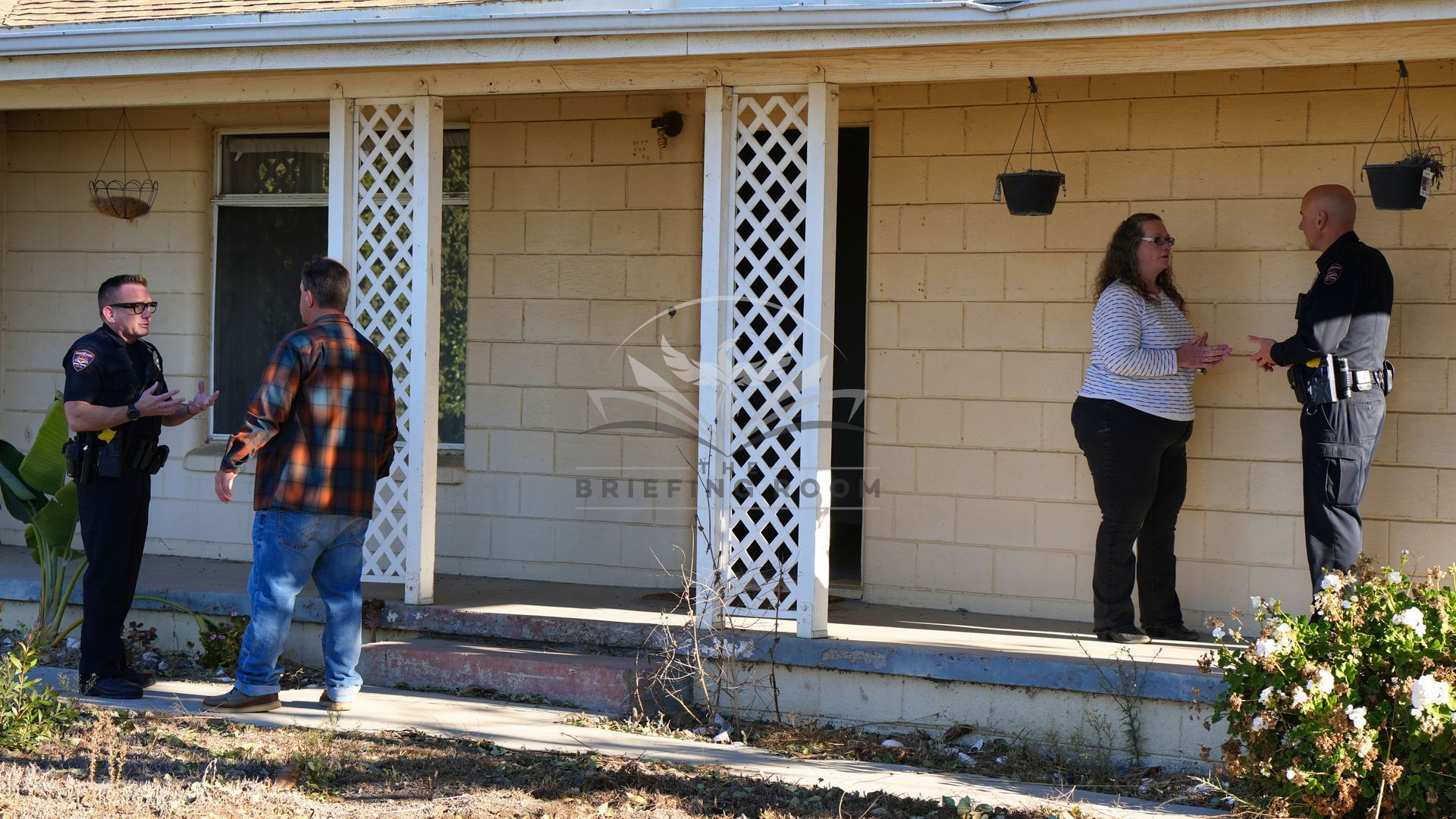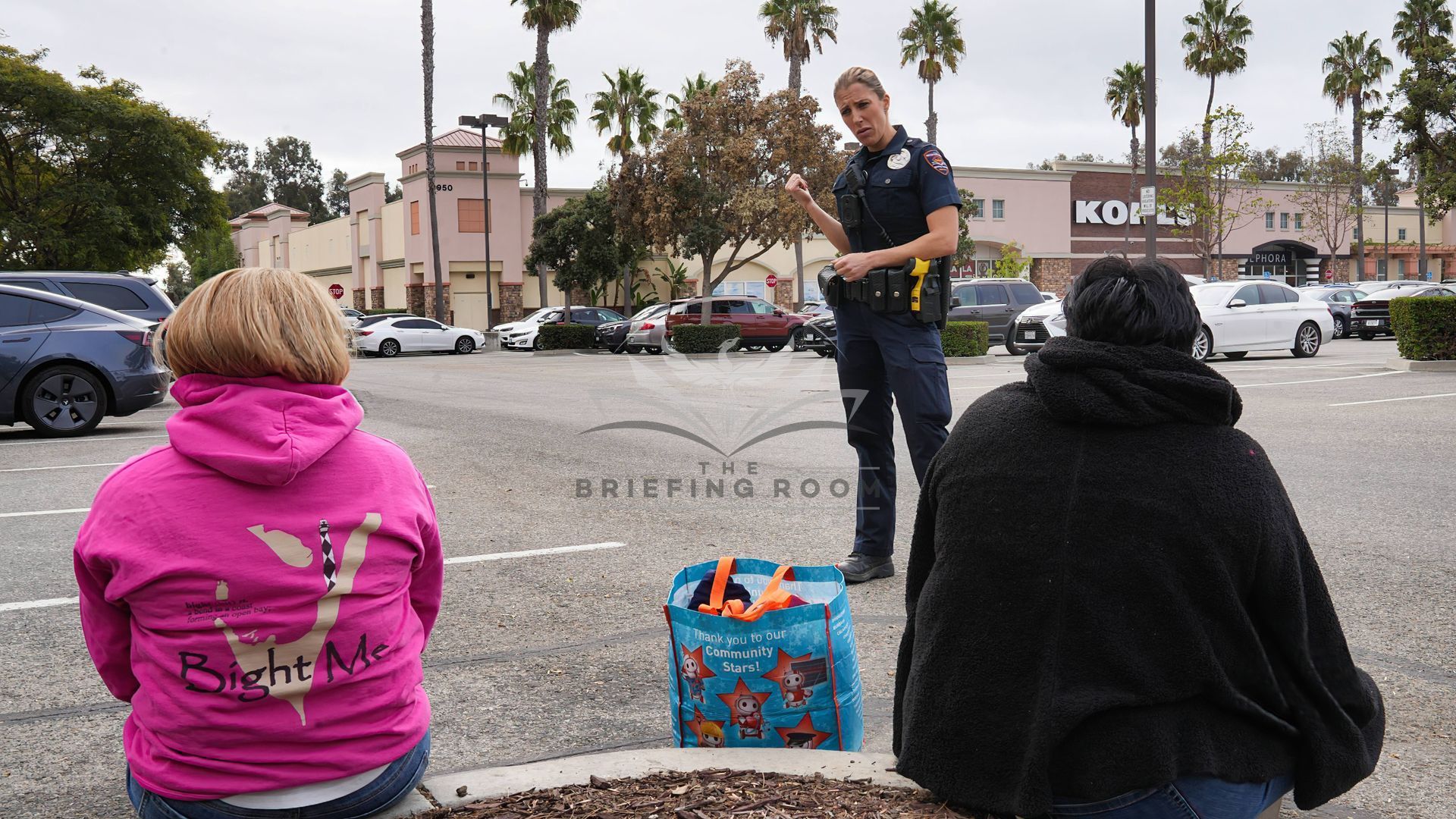Law Enforcement Gangs Under California Penal Code 13670

California Penal Code 13670 makes it a violation of the law to participate in a law enforcement gang. This R.I.S.E. Training Block covers what a law enforcement gang is and how officers can avoid being involved in one.
One of the most important things peace officers hold near and dear to their hearts is the camaraderie we have with each other. Police officers can go to any training class anywhere in the country and have an immediate bond with one another. On very rare occasions though, this bond gets a little out of hand, especially when a group of officers begins emulating the behavior of criminal street gangs. We’ve all seen these law enforcement gangs exposed for doing things that quite frankly make most police officers ashamed. I know I’ve seen the aftermath of their actions and thought to myself, “Here’s another step back for all of us.”
California’s Assembly Bill 958 created Penal Code 13670 which is meant to directly address the issue of law enforcement gangs. It identifies a law enforcement gang as: “A group of peace officers within a law enforcement agency who may identify themselves by a name and may be associated with an identifying symbol, including, but not limited to, matching tattoos, and who engage in a pattern of on-duty behavior that intentionally violates the law or fundamental principles of professional policing, including, but not limited to, excluding, harassing, or discriminating against any individual based on a protected category under federal or state anti-discrimination laws, engaging in or promoting conduct that violates the rights of other employees or members of the public, violating agency policy, the persistent practice of unlawful detention or use of excessive force in circumstances where it is known to be unjustified, falsifying police reports, fabricating or destroying evidence, targeting persons for enforcement based solely on protected characteristics of those persons, theft, unauthorized use of alcohol or drugs on duty, unlawful or unauthorized protection of other members from disciplinary actions, and retaliation against other officers who threaten or interfere with the activities of the group.”
It also provides punishment for anyone participating in a gang, including termination, prosecution, and reporting to any other agency that the individuals might apply to their participation in the “gang activities.”
Police officers are having a hard enough time with the public trust at this time in history without bringing more scrutiny on ourselves. So let’s leave the gang activity to the criminals and continue to do the incredible work we do as modern-day police professionals.
www.TheBriefingRoom.com
90-Second Training Videos Your Supervisors Use During Briefing or Roll Call To Develop High-Performing Teams of Officers.
✅ Lower Liability
✅ Retain Officers
✅ Build Community Support



